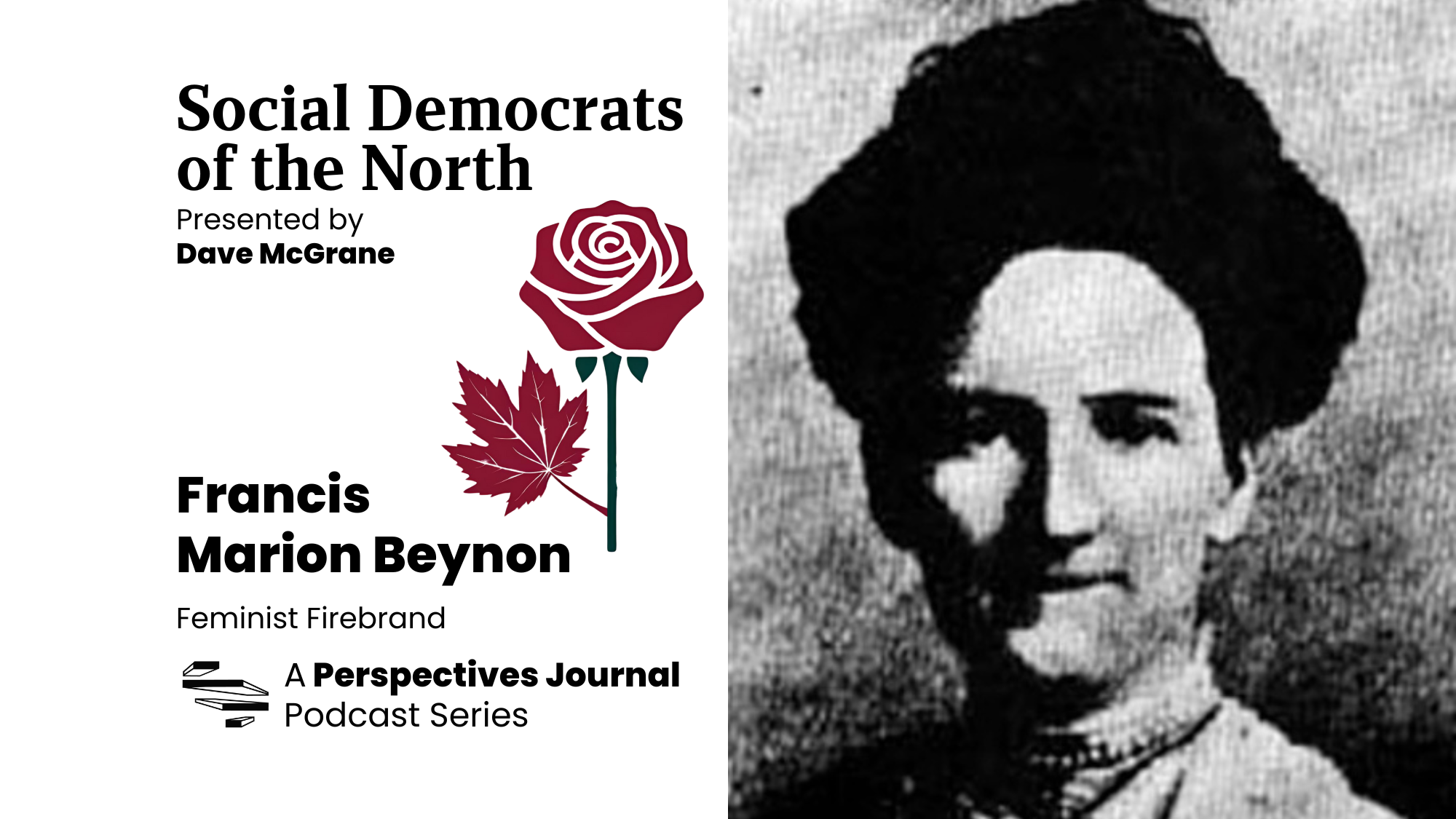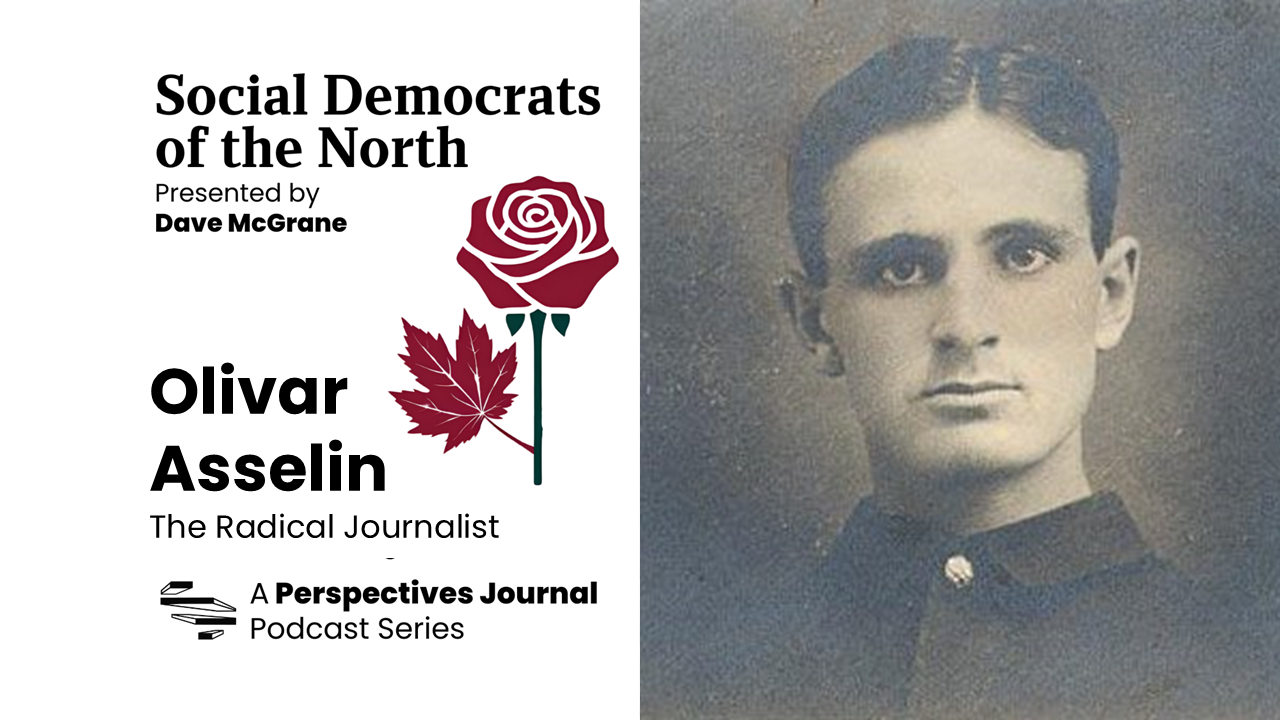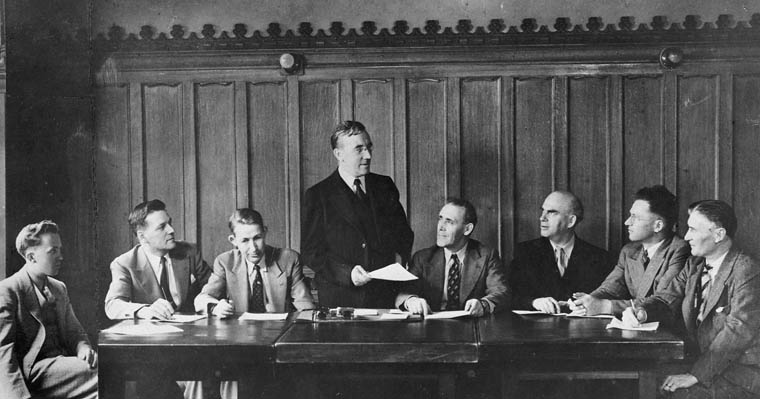Thank you, Chiefs Kirby and Gilbert Whiteduck, for welcoming us to your traditional territory. We may have finally turned the corner in terms of long overdue justice for indigenous peoples. I’m sure everyone in this room now wants the speediest possible implementation of the Truth and Reconciliation Commission’s recommendations.
The enthusiasm in this room is palpable. Why? Well, one reason is surely that progressive ideas are on the move here at home and all over the world.
While Andrew Coyne and I are not exactly what you’d call ideological soul-mates, we do occasionally see eye to eye. In addition to agreeing that Canada needs a new system of proportional representation – something that he’ll be speaking about on this stage tomorrow – I also agree with Andrew’s recent observation that around much of the world, “the energy and the impetus” is on the political Left.
In the past twelve months, important progressive ideas have gained ground. Following the Paris Conference, we should be very encouraged by the potential for positive action on climate change.
Although coming a decade after Canada, last year’s US Supreme Court support for same-sex marriage gave the LGBTQ cause globally a massive shot in the arm.
As the leader of the New Democratic Party I had always strongly opposed the undemocratic nature of the Investor State Dispute provisions in international trade agreements. I am delighted that finally, decades later, all over Europe and here in North America, opposition to these provisions is finally winning out. This is a victory for democracy.
Also here in Canada and across both Europe and North America, people have risen up in opposition to years of right wing austerity policies. They have also seen that austerity not only failed to help economies rebound following the financial crisis of 2008, but also undermined social programs, held back the middle class, increased inequality, and corroded the social bonds that hold countries together.
Nous voyons actuellement un nouvel élan et esprit compétitif dans la politique électorale de la Gauche. Des parties comme Podemos en Espagne obtiennent de forts mandats des électeurs pour résister aux politiques d’austérité et pour protéger les programmes publics des coupures.
And whatever the ultimate result of the Democratic presidential primaries in the U.S., Bernie Sanders has already demonstrated that a new generation of young people is ready to be inspired by a bold, clearly articulated social democratic vision.
You know things are changing in the U.S. when Merriam-Webster dictionary reports that “socialism” was the most looked-up word on its website in 2015 and Yougov found that 36% of Americans under 30 now have a favorable view of socialism.
Here at home in Alberta, social democrats won an historic victory many would have once thought impossible. The government is now showing the whole country what progressive leadership really looks like on issues like the minimum wage, progressive taxation, and the environment. They are also acting on a plan to diversify the economy and attract new jobs.
In the most difficult of times, Premier Rachel Notley personifies the phrase “grace under pressure.” She deserves the thanks, the support and the gratitude of social democrats all over Canada.
And of course, last fall Stephen Harper was finally shown the door.
I want to pause here a moment and talk about the results of that election.
The terribly destructive Harper decade has ended and as the new government has promised, some of his damage can be quickly repaired – such as the repeal of anti-union Bills C-377 and 525, the return of the age of OAS eligibility to 65, and inequitable tax measures like family income splitting.
However, there can be no doubt that for New Democrats the election results were disappointing, especially compared to what had once seemed possible.
As the party heads into its convention next weekend I offer these observations.
First – the Liberal Party turned left in good measure because popular support for the NDP was strong. I remind you in the 1990’s, it was the resurgent Right that the Liberal Party had in its rear-view mirror, and the creation of much of the inequality we see in Canada today was the direct result of the Liberal austerity budget of 1995. It is for this reason that it is essential for the well being of Canada that the NDP re-establish itself as the driver of political debate in federal politics.
Second, there often arises among us on the Left – most often in the wake of electoral disappointment – a sterile debate as to whether the best way forward is through bold ideas or professionalized electoral techniques. I want to say, for me this is not and never has been the relevant question. In a democracy and for social democrats it’s never been an “either/or” proposition. We need to root our activism in BOTH bold progressive ideas and in ways to improve our appeal to the broad majority of Canadians. Winning power and providing government based on principle should always be our goal.
I want to emphasize an important truth: a strong majority of Canadians are progressive. I know this in my bones. I know it from public survey data. They’re there with us on the issues, whether social or economic. They’re looking for a brighter future. And when social democrats present the best ideas as shown by Rachel Notley, we can win.
Third, and finally, as social democrats are now engaging in some necessary reflection, we must seek to harvest the finest ideas that Canadians on the left have to offer.
In aid of this, I’m pleased to announce that the Broadbent Institute will be kicking off a national conversation, including new research, country-wide events and online engagement focused on energizing social democracy. This effort will seek to inject new life and ideas, and build new constituencies for social democracy. It will culminate in Progress Summit 2017 – one of our contributions to Canada’s 150th birthday year.
In the near term, however, Canada faces some critical decisions that we need to get right.
We desperately need to rebuild the fiscal capacity of the federal government. As the Canadian Centre for Policy Alternatives, in its 2016 Alternative Federal Budget, explained:
“Canada needs a tax system for the 21st century. [The system] is simply not cut out for the economic problems facing us today, and is making them worse in several ways… Our tax policy is not raising enough revenue to pay for public services we need and deserve.”
There certainly were some positive investments made in the first Liberal budget. However, nothing serious has been done to restore fiscal capacity. Revenues as a share of GDP are stuck at their Post-World War II low. We need more revenue and progressive tax reform if we are to sustain and expand public health care, build a national child care program, invest seriously in the education and skills of Canadians, and invest as we need to do in the new, clean economy.
Another priority for Canadian progressives in the coming year is to ensure that our next election is held under a proportional voting system.
The Liberal government has opened the door by promising, over and over again, that the 2015 federal election will be the last held under first-past-the-post – a system that produces false majorities, exaggerates regional divisions, and leaves a huge numbers of voters without a voice in Parliament.
We now have a once-in-a-generation opportunity for progressive change, an opportunity to ensure we have a fair voting system in which every voter counts, in which every citizen has a real opportunity to elect a candidate according to his or her values.
Our current, terribly flawed, system doesn’t achieve this. And one of the other suggestions on offer — so-called ranked ballots — would be even worse than what we have. Simply put, ranked ballots in a federal election would be like First Past the Post on steroids – even larger false majorities, results even more outrageously torqued and even more unrepresentative of the popular will.
The only way to ensure every voter counts is with proportional representation, which is based on a simple democratic principle: the number of seats held by a party in the House of Commons must closely match its actual level of votes throughout the country. Simply put, it’s about creating a fair, equal and engaging voting system – one that is bringing together people from different political persuasions to back PR — from Stephen Harper’s former chief of staff Guy Giorno to the Liberal Party of Manitoba.
Global experience has also shown that a proportional system has other important benefits: it can help elect more women and other underrepresented groups; it can drive an increase in voter turnout; and there’s even evidence that it can foster more egalitarian societies.
La majorité des démocraties, y compris 85 pour cent des pays membres de l’Organisation de coopération et de développement économiques (OCDE), utilisent un système de représentation proportionnelle. Il est temps que le Canada se joigne à cette majorité.
We progressives must commit the needed resources, time, and energy to win this battle. This is a fight we can win. This is a fight we must win.
There is tremendous people power assembled in this room today. As I have said, we have delegates representing every corner of the country and every major social movement. There are elected progressive leaders. There are those who head advocacy organizations. Opinion shapers. News-makers. Agitators. The most innovative thinkers and experts and organizers our country has to offer are here today.
We have the desire and the ability to shape our nation for the better.
If after the end of the conference I hear someone say of a new idea, “We started discussing this at the Progress Summit…” I will consider it a success. There can be no greater validation of this event than that.
I conclude by saying, take the time to have conversations in the hall, debate over morning coffee and argue while having a beer after dark. It’s out of those new contacts, those conversations, that great things can grow.
Above all, enjoy yourselves over the next couple of days.
Merci beaucoup.





